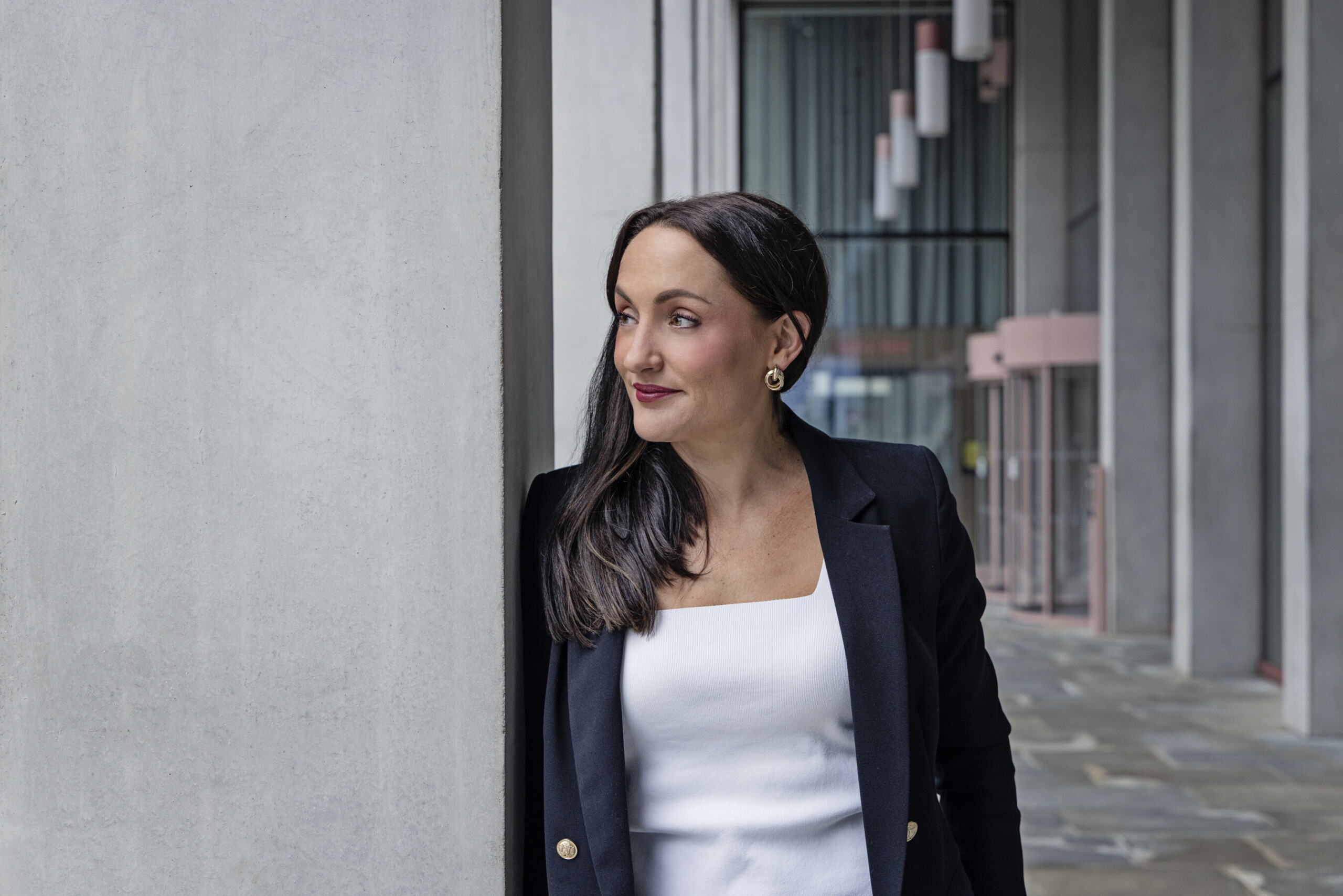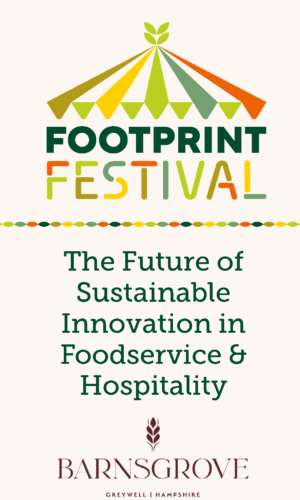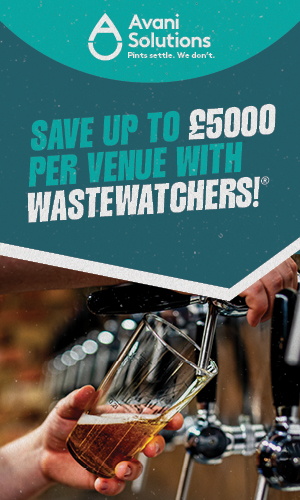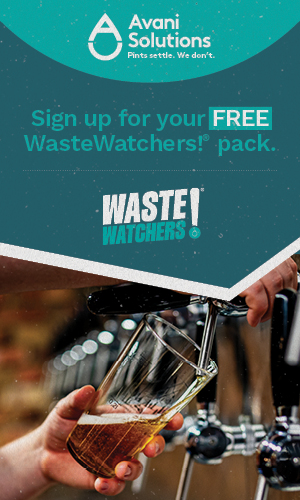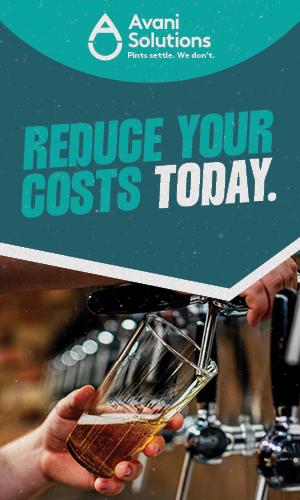Transforming the food system is uncomfortable and that’s the truth. But together we can make it happen. By Kate Cawley.
‘The food system is broken.’ How many times have you heard that before? Some CEOs of major food corporates have been saying it for years. Campaigners for longer. Academics, well, long before that.
More recently UN experts have begun wading in, encouraging the ‘transformation’ of global agri-food systems to be more efficient, inclusive, resilient, and sustainable. “In the face of increasing uncertainties and multiple crises, we need to urgently undertake this transformation to fulfil the high expectations we have from our agrifood systems,” they said.
It is of course easier to knock what we have than to provide solutions for what ‘better’ might look like. Reports and papers have provided ideas and roadmaps. Talks have taken place. Seminars and webinars, debates too (some of them progressive, others less so). Books have been written.
Transformation is the word that keeps coming up and this is something no business has yet got to grips with. “Senior leaders really need to think about this word,” says Mike Barry, a Future Food Movement coach and sustainable business transformation expert. “For the past few years, the food industry has been focused on compliance. Slightly less bad each year … a little less plastic, a little less carbon and a little less human rights problems. Now we’re in a new paradigm [and] the food industry is going to change radically [to 2030],” he warns.
Change is nothing new to the food sector, of course. The past few decades have seen a number of transitions take place as we moved from a largely rural and localised system to one that is industrialised, consolidated and commoditised. Supply and affordability (mostly in developed nations) have improved. Recommended diets have become more affordable (but not necessarily achieved). Efficiency has improved; preservation of natural resources has not.
Can we transform again? Yes. How? That depends. What we do know is that this will be uncomfortable because the food system we want (and many of us understand we need) is some way off what we have today. So it will also take time.
Indeed, we are not currently being transformative (companies that claim as much should be scrutinised accordingly!). New skills will be needed, and new partnerships must be formed; companies, consumers and policymakers all need to be influenced and empowered (equally); and it all has to be funded (think of the big question mark over support for regenerative farming, which represents a part of this transition taking place on farms and in the fields).
Many of you reading this will currently have your head stuck in ESG reporting rather than taking action. This is frustrating. The legal requirements on the horizon will need to be managed, and the measurements you are disclosing are important. But data does not afford you time to dither. At times, you need to be brave. We need to look forward rather than backwards. The system is broken so now, bit by bit, we must fix it. Together.
Kate Cawley is founder of the Future Food Movement and Veris Strategies.

